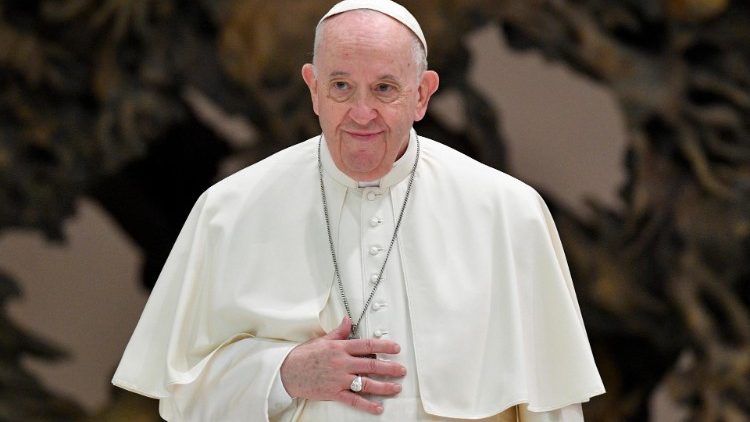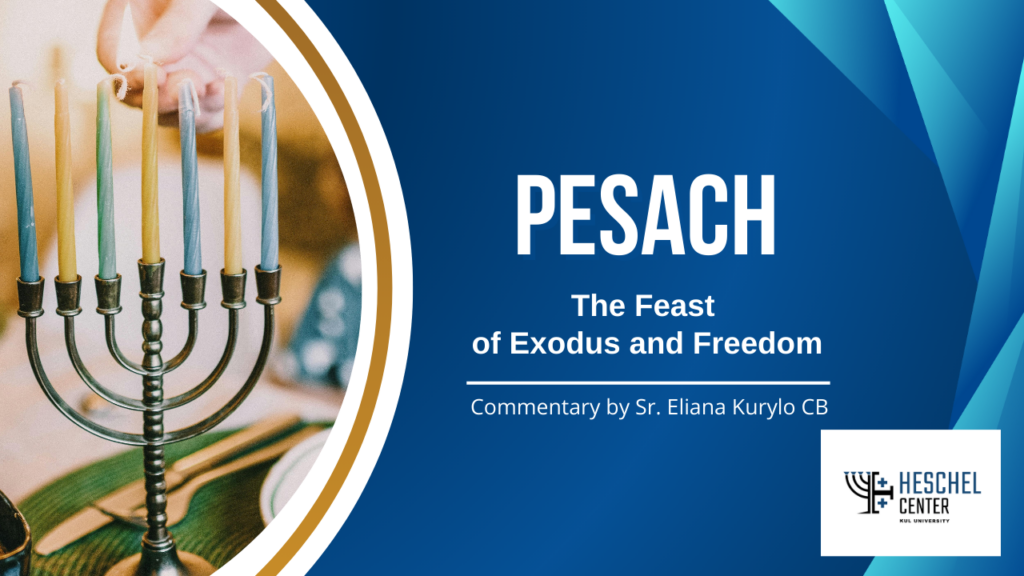The 2030 Agenda: A Critical View from the Social Doctrine of the Church
Reservations, objections and proposals for integral human development

The 2030 Agenda, promoted by the United Nations (UN), has become a global reference for sustainable development, proposing 17 Sustainable Development Goals (SDG) that range from the eradication of poverty to climate action. However, this ambitious project has not been exempt from criticism, especially from certain sectors of the Catholic Church. In this article, we explore the reservations and objections raised by the Apostolic Nuncio in Spain, Bernardito Auza, and other experts, based on various academic and journalistic sources.
Reservations and Criticisms of the Nuncio Bernardito Auza
Bernardito Auza, Apostolic Nuncio in Spain, has expressed his reservations regarding the 2030 Agenda on several occasions. In his conference at the Pontifical University of Comillas, Auza stressed that, although many of the objectives of the 2030 Agenda are shared by the Church, there are significant points of disagreement, especially on issues related to gender ideology and the so-called “reproductive rights”. The Nuncio considers that certain aspects of the Agenda impose a single way of thinking and an ideological colonization that goes against freedom of conscience and cultural diversity.
Objections to the Implementation of the 2030 Agenda
Auza has raised six main objections to the 2030 Agenda, which can be summarized in the following points:
- Imposition of a Single Thought: The 2030 Agenda is seen as an attempt to impose a global ideological framework that does not respect the cultural and religious differences of countries.
- Reproductive Rights and Gender: The inclusion of reproductive rights and gender issues are particularly controversial, as they clash with the Church’s vision of the dignity of human life from conception and the complementarity between man and woman.
- Ideological Colonization: The 2030 Agenda is criticized for promoting a form of modern colonialism, imposing Western values on other cultures and societies.
- Unrealizable and Utopian: Some objectives of the 2030 Agenda are seen as utopian and unrealizable, which could divert resources and efforts from more attainable and concrete goals.
- Promotion of Abortion: The 2030 Agenda is criticized for promoting abortion practices under the euphemism of “reproductive health”, something that is unacceptable from the perspective of the Church.
- Deviation from Ethical Values: It is argued that certain objectives of the 2030 Agenda are not aligned with the principles of the social doctrine of the Church, which promotes the common good, the dignity of the person and integral human development.
Reflections from the Social Doctrine of the Church
The social doctrine of the Church offers a critical but constructive perspective on the 2030 Agenda. According to an analysis from this doctrine, it is essential that any development plan respects the dignity of the human person, promotes the common good and is based on the principles of subsidiarity and solidarity. In this sense, although the laudable aspirations of the 2030 Agenda are recognized, such as the fight against poverty and the promotion of education, the need to reevaluate certain objectives and methods that may contravene these principles is stressed.
The 2030 Agenda represents an opportunity to move towards a more just and sustainable world. However, as pointed out by the critics of Nuncio Bernardito Auza and other experts, it is crucial to address the points of contention and ensure that development policies do not impose a single way of thinking or violate the dignity of the person. An open and respectful dialogue between the different interested parties, including the religious sphere, can contribute to a more balanced and effective implementation of the Sustainable Development Goals.
***
References:
Related

More than a Decade of Service, Reform, and Hope
Exaudi Staff
21 April, 2025
4 min

The Pontificate of Pope Francis: A Leadership of Compassion and Renewal for the Church
Exaudi Staff
21 April, 2025
3 min

Easter Sunday: Christ’s victory over death
Exaudi Staff
20 April, 2025
3 min

Pesach – The Feast of Exodus and Freedom. This Year Celebrated Together with Easter
Heschel Centre for Catholic-Jewish Relations at the Catholic University of Lublin
20 April, 2025
2 min
 (EN)
(EN)
 (ES)
(ES)
 (IT)
(IT)

